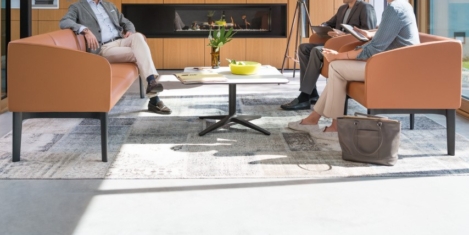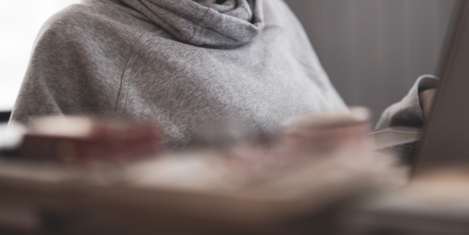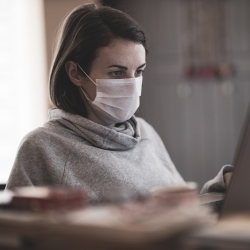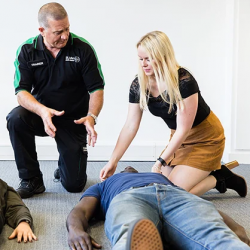To provide the best experiences, we use technologies like cookies to store and/or access device information. Consenting to these technologies will allow us to process data such as browsing behaviour or unique IDs on this site. Not consenting or withdrawing consent, may adversely affect certain features and functions.
The technical storage or access is strictly necessary for the legitimate purpose of enabling the use of a specific service explicitly requested by the subscriber or user, or for the sole purpose of carrying out the transmission of a communication over an electronic communications network.
The technical storage or access is necessary for the legitimate purpose of storing preferences that are not requested by the subscriber or user.
The technical storage or access that is used exclusively for statistical purposes.
The technical storage or access that is used exclusively for anonymous statistical purposes. Without a subpoena, voluntary compliance on the part of your Internet Service Provider, or additional records from a third party, information stored or retrieved for this purpose alone cannot usually be used to identify you.
The technical storage or access is required to create user profiles to send advertising, or to track the user on a website or across several websites for similar marketing purposes.
 A new poll from the ADP Research Institute (ADPRI) claims that 64 percent of the global workforce was negatively impacted by coronavirus. However, 66 percent of UK workers feel optimistic about the next five years at work, and a third think COVID-19 will have a positive effect on work cultures including through greater flexibility (34 percent) and better work-life balance (28 percent). (more…)
A new poll from the ADP Research Institute (ADPRI) claims that 64 percent of the global workforce was negatively impacted by coronavirus. However, 66 percent of UK workers feel optimistic about the next five years at work, and a third think COVID-19 will have a positive effect on work cultures including through greater flexibility (34 percent) and better work-life balance (28 percent). (more…)














 Keeping on top of communication barriers in the business world can feel like an endless game of Whac-A-Mole, especially now in the new era of hybrid working. The usual culprits are well-known by now: patchy WiFi connections, crashing computer programmes, cloud syncing issues, important emails sneaking into spam folders – the list goes on. All can impede our ability to get the job done.
Keeping on top of communication barriers in the business world can feel like an endless game of Whac-A-Mole, especially now in the new era of hybrid working. The usual culprits are well-known by now: patchy WiFi connections, crashing computer programmes, cloud syncing issues, important emails sneaking into spam folders – the list goes on. All can impede our ability to get the job done. 


 Nearly three quarters of global office occupiers responding to a survey expect to transform their workplace design in the next two years, according to a report from
Nearly three quarters of global office occupiers responding to a survey expect to transform their workplace design in the next two years, according to a report from 
 With more than 13.5 million workers having returned to their place of work for at least one day a week, more than four million say that they do not feel entirely safe doing so, claims new research by
With more than 13.5 million workers having returned to their place of work for at least one day a week, more than four million say that they do not feel entirely safe doing so, claims new research by 
 The health charity claims that, in the last fortnight, less than half (49 percent) of the 2,000 UK workers surveyed believed there was a designated first aider in their workplace.
The health charity claims that, in the last fortnight, less than half (49 percent) of the 2,000 UK workers surveyed believed there was a designated first aider in their workplace. 
 According to a
According to a 







June 14, 2022
Loneliness might hold back hybrid working productivity gains
by Gosia Bowling • Comment, Flexible working, Wellbeing